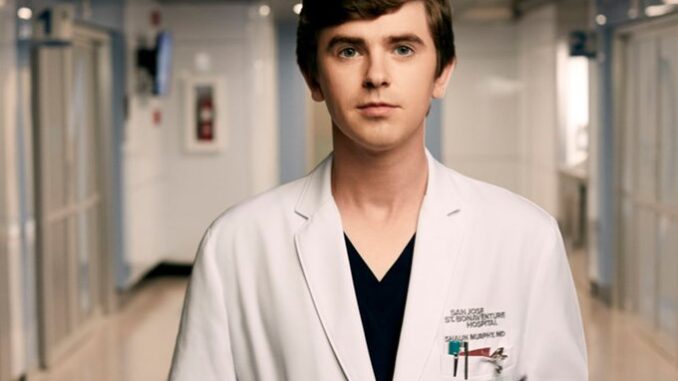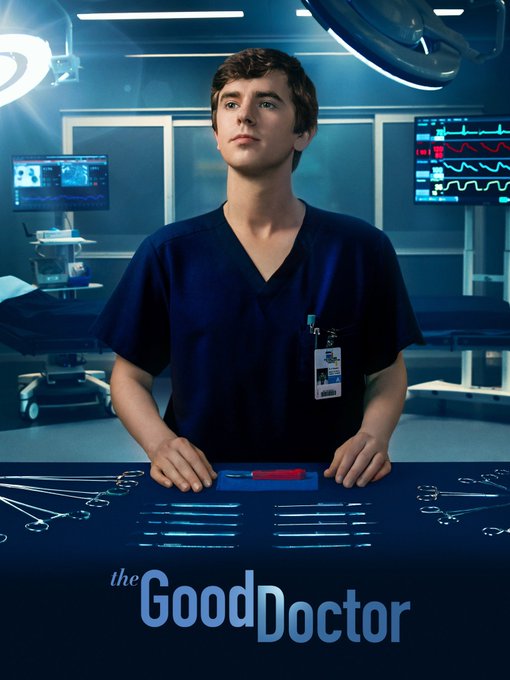
After seven groundbreaking seasons, The Good Doctor is set to take its final bow, leaving behind a legacy that has deeply resonated with viewers across the globe.
Since its debut in 2017, the medical drama captured hearts, with Freddie Highmore’s portrayal of Dr. Shaun Murphy becoming one of the most memorable characters in recent television history. As the series approaches its conclusion, it’s worth reflecting on the elements that made The Good Doctor so impactful and how it managed to stand out in a crowded landscape of TV dramas.
While Shaun is the heart of the show, The Good Doctor thrived on the strength of its ensemble cast. Characters like Dr. Claire Browne (Antonia Thomas), Dr. Neil Melendez (Nicholas Gonzalez), Dr. Aaron Glassman (Richard Schiff), and Dr. Morgan Reznick (Fiona Gubelmann) added depth and dimension to the storylines. Each character had their own arc, making the show more than just a procedural. The ensemble cast brought layers of personal and professional dynamics, touching on issues like mental health, grief, and the moral dilemmas of medicine.
One of the series’ highlights was its ability to tackle tough topics without shying away from the emotional or ethical complexities. Whether it was end-of-life decisions, medical errors, or systemic challenges within healthcare, The Good Doctor never took the easy route. This authenticity resonated with viewers, offering a blend of heart and realism that kept the audience engaged.
Medical dramas have been a staple on television for decades, with shows like ER and Grey’s Anatomy setting the stage. The Good Doctor managed to carve out its own space by focusing on the experience of an atypical doctor, rather than just the fast-paced, high-stakes environment of the hospital. It brought a refreshing perspective by humanizing a character who faced extraordinary personal challenges in a profession known for its intense demands.
What also set The Good Doctor apart was its attention to medical accuracy. While creative liberties were often taken for dramatic effect, the show worked hard to portray real medical scenarios, often consulting with experts to ensure the surgeries and diagnoses felt authentic. This level of detail added to its credibility and drew in viewers who craved more realism in their medical shows.
As The Good Doctor wraps up after seven seasons, fans are left to reflect on the lasting impact it has made. The series has not only entertained but also educated its audience, providing a platform for conversations about neurodiversity, inclusivity, and the human condition. Dr. Shaun Murphy’s journey from an underestimated resident to a respected surgeon is a testament to perseverance, acceptance, and personal growth. It’s a story that has resonated deeply with audiences, especially those who have found solace and representation in Shaun’s struggles and successes.

